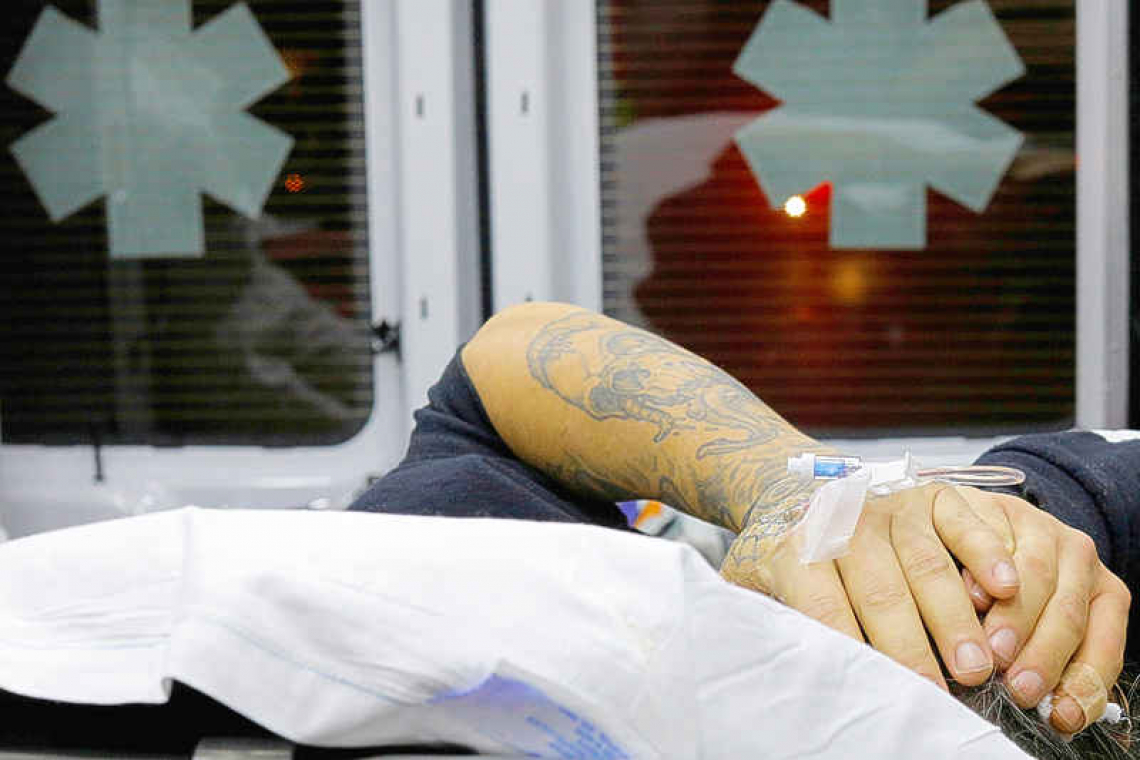WASHINGTON--A record number of Americans died of drug overdoses last year as pandemic lockdowns made getting treatment difficult and dealers laced more drugs with a powerful synthetic opioid, according to data released on Wednesday and health officials.
U.S. deaths from drug overdoses leapt nearly 30% to more than 93,000 in 2020 - the highest ever recorded. "During the pandemic, a lot of (drug) programmes weren't able to operate. Street-level outreach was very difficult. People were very isolated," said Dr. Joshua M. Sharfstein, a health policy expert at the Johns Hopkins Bloomberg School of Public Health in Baltimore.
Arman Maddela, 24, recognizes he was at risk of being among those who died. A recovering addict, he relapsed during the pandemic and was using fentanyl, a synthetic opioid that is 80-100 times stronger than morphine, and heroin.
"It's so easy to pass away from using drugs nowadays, just because of the amount of fentanyl out there. A lot of people in the past were able to relapse and come back. But nowadays, that's not the case," he said.
He checked himself into rehab a second time in October. "I actually know quite a few people personally that have unfortunately passed away since then from overdose," said Maddela, who lives in Encinitas, California.
While overdose deaths were already increasing in the months preceding the COVID-19 outbreak, the latest data show a stark acceleration during the pandemic. Social distancing reduced access to programmes that offer needle exchange, opioid substitution therapy or safe injection sites where observers could deploy the overdose antidote Narcan, leaving many addicts to die alone.
Moreover, during stay-at-home orders, addicts were unable to attend support group meetings in person or visit their therapists for live one-on-one sessions. Pandemic lockdowns and distancing likely contributed to the rise in overdose deaths in less obvious ways, too.
Isolation is known as a factor in anxiety and depression, said Kate Judd, program director at Shoreline Recovery Center, the San Diego rehab facility that treated Maddela. Those feelings can lead to drug abuse.







